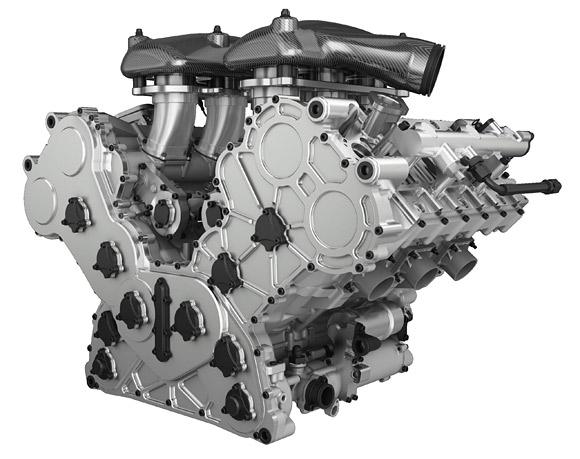Combustion Engines will make great boats anchors in 6 years
 |
| They will soon make great boat anchors |
In recent times it has become sort of a trope/cliche to talk about the end of internal combustion engines and how they will soon go the way of the dodo.
Most of these talks only happened in the open when some electric car startup was trying to draw some attention to its products or when uninformed journalists hungry for clicks were trying to create some buzz around the subject.
This time, as I am somewhat sad to inform you, might actually be for real.
I'm saying this because, as it happens, combustion engines only have until 2023, when German carmakers will abandon all efforts to develop them any further. I haven't come up with a random number for that year since all this information comes from the finance chief of Continental, the leading German automotive supplier.
As many of you know, Continental AG makes everything from tires, to braking systems and even engine components, so they pretty much know what goes into an internal combustion engine and how much R&D are carmakers pumping into the technology on a regular basis.
“A new generation of combustion engines will again be developed but after that (around 2023), a further development will no longer be economically justifiable because more and more work will switch into electric mobility," Continental finance boss Wolfgang Schaefer told Auto News a few weeks ago.
That almost prophetic statement only concerned German carmakers, naturally, but most of the time they are the ones introducing the latest automotive technologies.
The thing is, only a couple of days after Schaefer said it, Mazda launched an almost unbelievable press release in which it detailed its own vision on the future of internal combustion engines. As most of you probably realize, Mazda is currently the last car manufacturer standing that still offers a full engine lineup almost devoid of turbocharged gasoline engines.
Yes, when everyone jumped on the downsizing bandwagon, which includes tine engines with not-so-tiny turbochargers and soot-creating direct injection, the Japanese continued to develop the naturally aspirated engine.
Their upcoming Skyactiv-X powertrain will revolve around the world's first commercial gasoline engine to use compression ignition, effectively including the advantages of diesel engines in a gasoline mill. Many have worked on similar technology (I'm looking at you, Saab, Mercedes-Benz and Infiniti!), but none have delivered anything past a concept.
OK, so we have at least Mazda who is still working on taking the combustion engine to its next, radical level, but what about the rest?
Well, GM, Ford and FCA are already introducing hybrids, plug-in hybrids and full electrics in their lineups, which is a pretty good telltale that they're preparing to take on Tesla's lineup in probably less than a decade.
The British are also slowly turning toward full electric as a means of transportation, although brands like Aston Martin may keep the internal combustion flame burning a little longer, pun definitely intended. After all, Aston CEO Andy Palmer said last year that “With every generation, my goal is that there is at least a manual option car in the range. That translates not just to this generation of car, but also to the next generation of car, then the generation thereafter."
Of course, everyone knows that there is no such thing as an electric car with a manual transmission out there – heck, most don't even have more than one forward gear – which most likely means that Aston will keep on developing ICEs for its manuals as long as possible.
The French are also heavily involved in the electric car game, especially when looking at Renault, of the Renault-Nissan Alliance, so I don't see how many internal combustion engines will be developed past 2020 in the Hexagon either.
This leaves us with the Japanese, other than Mazda, which we have already established that will remain a friend of ICE for at least until 2030. I think it's safe to say that all the other car brand from the Land of the Rising Sun are going electric as well. Hipster Toyota, the biggest of them all, went through all the trouble of popularizing hybrids way before they were cool, after all.
So, to keep things short, if German carmakers are probably working right now on their last batch of combustion engines, Americans probably have two more generations and the rest of the world is also in the same boat, we should prepare to say goodbye to “suck, squeeze, bang, blow" and all of its variations. It will not only happen in our lifetime but probably a lot sooner than everyone's realizing. Who do you think will be the last automaker to offer a car with an internal combustion engine? Autoevolution
